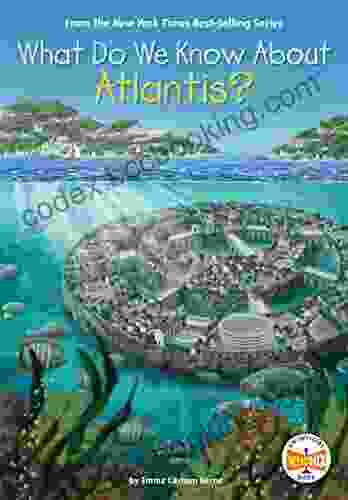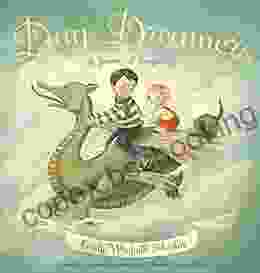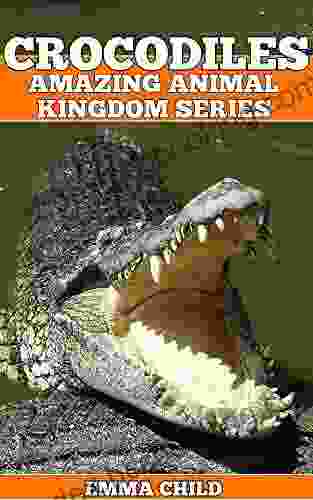Unveiling the Enigma: What Do We Know About Atlantis?

For centuries, the legend of Atlantis has captivated the imaginations of explorers, historians, and dreamers alike. This mysterious island, said to have been a technologically advanced civilization that sank beneath the waves, has been the subject of countless books, movies, and documentaries.
5 out of 5
| Language | : | English |
| File size | : | 1582 KB |
| Text-to-Speech | : | Enabled |
| Screen Reader | : | Supported |
| Print length | : | 112 pages |
But what do we really know about Atlantis? Is there any evidence to support the claims that it was a real place? Or is it simply a myth, a story handed down from generation to generation?
In this article, we'll explore the evidence for and against the existence of Atlantis. We'll look at the historical records, the archaeological evidence, and the scientific theories that have been proposed to explain the island's disappearance.
The Historical Evidence
The earliest written account of Atlantis comes from the Greek philosopher Plato. In his dialogues Timaeus and Critias, Plato describes Atlantis as a large island located in the Atlantic Ocean, beyond the Pillars of Hercules. He says that the island was home to a powerful and advanced civilization that was destroyed by a cataclysmic earthquake and flood around 11,000 years ago.
Plato's account of Atlantis is the most detailed and influential, but it is not the only one. Other ancient writers, such as Aristotle, Strabo, and Pliny the Elder, also mention Atlantis in their writings. However, these accounts are often brief and contradictory, and they provide little new information beyond what Plato has already told us.
The Archaeological Evidence
Despite the lack of conclusive historical evidence, there have been a number of archaeological discoveries that have been interpreted as supporting the existence of Atlantis. One of the most famous is the Minoan civilization, which flourished on the island of Crete from around 2700 to 1450 BC. The Minoans were a highly advanced civilization that developed a complex written language, built elaborate palaces, and created beautiful works of art.
Some researchers have suggested that the Minoan civilization may have been a descendant of the Atlantean civilization. They point to the similarities between the Minoan and Atlantean cultures, such as their use of bull horns as a symbol of power and their belief in a mother goddess.
However, there is no definitive evidence to support this claim. The Minoans may have been a completely separate civilization that had no connection to Atlantis.
The Scientific Theories
There are a number of scientific theories that have been proposed to explain the disappearance of Atlantis. One theory is that the island was destroyed by a massive earthquake and tsunami. This theory is supported by the fact that there is evidence of a large earthquake and tsunami that occurred in the Atlantic Ocean around 11,000 years ago.
Another theory is that Atlantis was destroyed by a volcanic eruption. This theory is supported by the fact that there is a large volcanic caldera located in the Atlantic Ocean, near the location where Plato said Atlantis was located.
However, both of these theories have their problems. The earthquake and tsunami theory does not explain why Atlantis would have been located in the middle of the Atlantic Ocean, far from any major landmasses. And the volcanic eruption theory does not explain why there is no evidence of a volcanic eruption on the island of Crete.
The evidence for and against the existence of Atlantis is inconclusive. There is no definitive proof that the island was real, but there is also no definitive proof that it was a myth. The truth about Atlantis may never be known.
However, the legend of Atlantis continues to fascinate us. It is a story of a lost world, a civilization that was once great but is now gone. It is a story that reminds us of the fragility of our own civilization and the importance of cherishing the world we have.
Further Reading
If you are interested in learning more about Atlantis, here are some recommended books:
- Atlantis: The Truth Behind the Legend by Gavin Menzies
- Atlantis: The Lost Continent Finally Found by Robert Sarmast
- Atlantis: The Evidence by Richard Ellis
5 out of 5
| Language | : | English |
| File size | : | 1582 KB |
| Text-to-Speech | : | Enabled |
| Screen Reader | : | Supported |
| Print length | : | 112 pages |
Do you want to contribute by writing guest posts on this blog?
Please contact us and send us a resume of previous articles that you have written.
 Book
Book Novel
Novel Page
Page Chapter
Chapter Text
Text Story
Story Genre
Genre Reader
Reader Library
Library Paperback
Paperback E-book
E-book Magazine
Magazine Newspaper
Newspaper Paragraph
Paragraph Sentence
Sentence Bookmark
Bookmark Shelf
Shelf Glossary
Glossary Bibliography
Bibliography Foreword
Foreword Preface
Preface Synopsis
Synopsis Annotation
Annotation Footnote
Footnote Manuscript
Manuscript Scroll
Scroll Codex
Codex Tome
Tome Bestseller
Bestseller Classics
Classics Library card
Library card Narrative
Narrative Biography
Biography Autobiography
Autobiography Memoir
Memoir Reference
Reference Encyclopedia
Encyclopedia M J Padgett
M J Padgett Emma Parsons
Emma Parsons Ruby Bridges
Ruby Bridges Emily Louise Howard
Emily Louise Howard Meike Winnemuth
Meike Winnemuth Peter Irvine
Peter Irvine Joe Sparrow
Joe Sparrow Mike Roberts
Mike Roberts Mohnish Pabrai
Mohnish Pabrai Jeanne Farr Mcdonnell
Jeanne Farr Mcdonnell Emmett W Hines
Emmett W Hines Jen Green
Jen Green Kimberly Eldredge
Kimberly Eldredge Stephen Hay
Stephen Hay Eric Campbell
Eric Campbell Ian Carter
Ian Carter Gareth C Meadows
Gareth C Meadows Eric Hill
Eric Hill Robyn Sheldon
Robyn Sheldon Penny Le Couteur
Penny Le Couteur
Light bulbAdvertise smarter! Our strategic ad space ensures maximum exposure. Reserve your spot today!
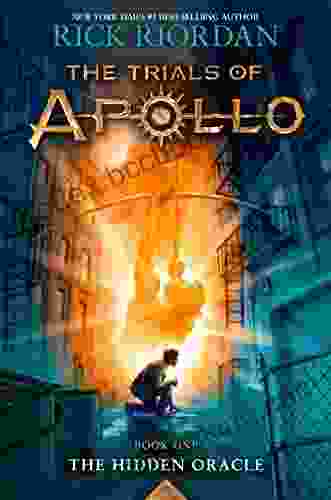
 Vladimir NabokovUnravel the Secrets of The Hidden Oracle: A Captivating Journey into the...
Vladimir NabokovUnravel the Secrets of The Hidden Oracle: A Captivating Journey into the... Quincy WardFollow ·8.8k
Quincy WardFollow ·8.8k Jacques BellFollow ·18.1k
Jacques BellFollow ·18.1k Clinton ReedFollow ·16.7k
Clinton ReedFollow ·16.7k Mikhail BulgakovFollow ·13.8k
Mikhail BulgakovFollow ·13.8k Kelly BlairFollow ·3k
Kelly BlairFollow ·3k Clay PowellFollow ·13.6k
Clay PowellFollow ·13.6k Jake PowellFollow ·19.7k
Jake PowellFollow ·19.7k Matt ReedFollow ·2.4k
Matt ReedFollow ·2.4k

 Isaias Blair
Isaias BlairEscape to Sunrise Cottage: A Captivating Read You Won't...
Are you ready for a...

 Bradley Dixon
Bradley DixonWhen Baby Is Born, So Is Mother: A Comprehensive Guide to...
Giving birth is a...
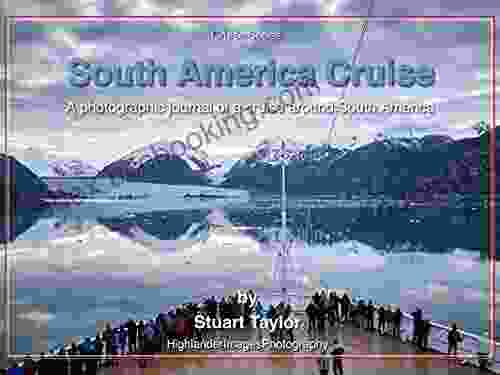
 Mario Simmons
Mario SimmonsPhotographic Journal of Cruise Around South America: A...
Embark on an Extraordinary Expedition ...

 Langston Hughes
Langston HughesDream Achieved: Unlocking the Power Within to Make Your...
In the tapestry...
5 out of 5
| Language | : | English |
| File size | : | 1582 KB |
| Text-to-Speech | : | Enabled |
| Screen Reader | : | Supported |
| Print length | : | 112 pages |


